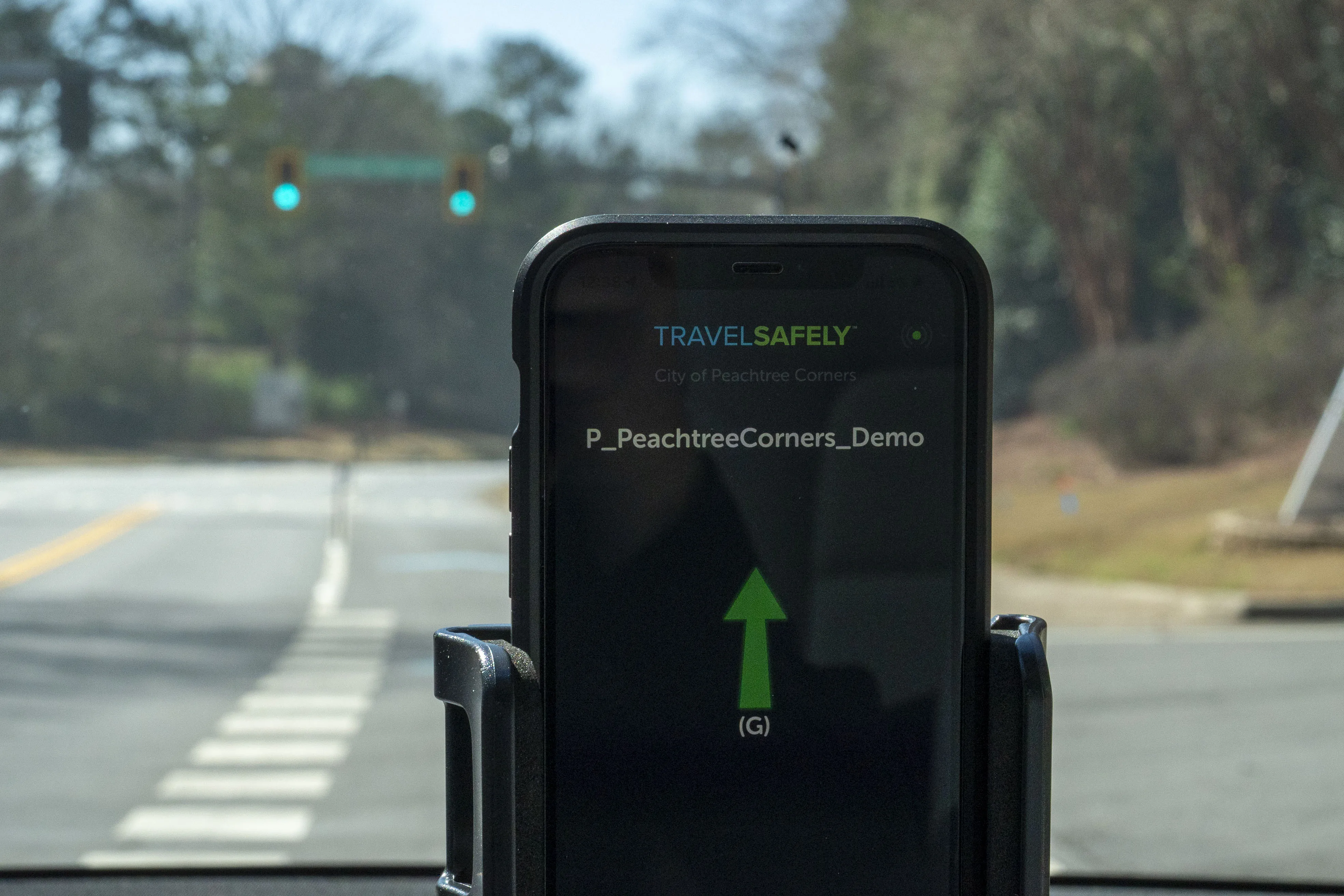Telecoms operator Spark has joined forces with Ohmio Automotion to trial a 5G-connected driverless car on the streets of Auckland, New Zealand.
The test was carried out in a controlled area at Auckland’s Wynyard Quarter Innovation Precinct, using Spark’s pre-commercial 5G network, which is available as part of its 5G Innovation lab.
Spark launched the lab last November and is now using it to work with businesses in New Zealand to test the technical capabilities of 5G.
Ohmio’s driverless car has been upgraded with new technology to ensure it integrates with Spark’s 5G test network.
Dr Mahmood Hikmet, Ohmio’s head of R&D, claims that a 5G network can be up to 100 times faster than 4G, which unlocks potential for autonomous driving, allowing messages to be transmitted, and decisions made, in real-time.
“A significant drop in latency – or the reaction time when one device talks to another – will give cars human-like reflexes and opens up multiple possibilities for connected infrastructure and a smart city ecosystem,” Hikmet adds.
The 5G-connected car can carry up to four people and has been operating at a top speed of 4mph during the pre-programmed test drive loop lasting approximately seven minutes. Passengers can hail the car using a tablet. Inside, a dashboard tells users what the car is monitoring in real-time using Lidar technology to help make sense of the surrounding environment.
Ohmio intends to launch more driverless cars in airports, university campuses and hospitals. The company is also seeking to obtain an on-road certification and looking for opportunities to use the cars on public streets alongside regular vehicles.
Colin Brown, Spark’s lead for network evolution, says: “Over the coming months we will continue rolling out more real-world tests of 5G-connected technology with businesses.”
Spark and Ohmio trial 5G-connected driverless car in New Zealand
Telecoms operator Spark has joined forces with Ohmio Automotion to trial a 5G-connected driverless car on the streets of Auckland, New Zealand.
The test was carried out in a controlled area at Auckland’s Wynyard Quarter Innovation Precinct, using Spark’s pre-commercial 5G network, which is available as part of its 5G Innovation lab.
Spark launched the lab last November and is now using it to work with businesses in New Zealand to test the technical capabilities of 5G.
Ohmio’s driverless car has b
March 15, 2019
Read time: 2 mins









